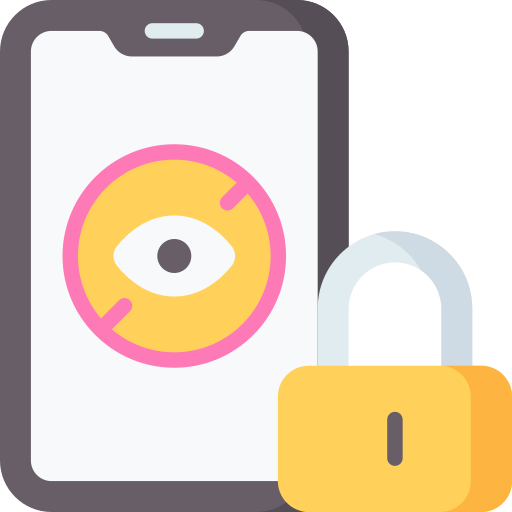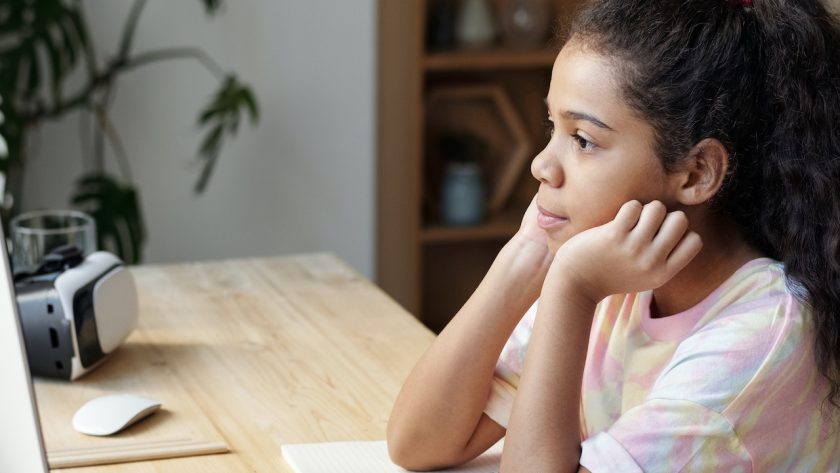The Importance of Social Media Monitoring for Parents in Ensuring their Children’s Safety Online
In the digital age, it is increasingly important for parents to monitor their children’s online activity. Social media monitoring can be a powerful tool in ensuring that children are safe while using the internet. By keeping track of what their kids are posting and who they are interacting with, parents can help protect them from potential predators or cyberbullying. Additionally, monitoring social media accounts can help parents stay informed about their child’s activities and interests, allowing them to provide guidance and support when needed.
Social media monitoring also allows parents to set boundaries for their children’s online behavior. They can establish rules regarding appropriate language, content, and interactions with others on social media platforms. This helps ensure that children understand the importance of responsible online behavior and respect for other people’s privacy. Furthermore, by monitoring their child’s social media accounts regularly, parents can quickly identify any signs of distress or inappropriate behavior before it escalates into something more serious.
Understanding the Risks: How Social Media Can Expose Children to Potential Dangers
Social media has become an integral part of our lives, and it is no surprise that children are increasingly using these platforms. While social media can be a great way for kids to stay connected with friends and family, it also exposes them to potential dangers. It is important for parents to understand the risks associated with social media use so they can help their children navigate these platforms safely.
One of the biggest risks posed by social media is cyberbullying. Cyberbullying can take many forms, from direct messages or posts targeting a specific person to spreading rumors online. It can have serious consequences on a child’s mental health and self-esteem, so it is important for parents to talk to their children about how to handle cyberbullying if they encounter it. Additionally, parents should monitor their child’s activity on social media sites and be aware of who they are interacting with online. This will help ensure that their child is not exposed to any inappropriate content or people who may pose a risk.
Effective Strategies for Monitoring Your Child’s Social Media Activity
As parents, it is important to stay informed about our children’s online activities. Monitoring their social media activity can help us ensure that they are safe and not engaging in any inappropriate behavior. There are several effective strategies for monitoring your child’s social media activity.
One strategy is to set up parental controls on the devices your child uses to access the internet. This will allow you to block certain websites or apps, as well as monitor their activity on those sites or apps. Additionally, you can talk with your child about their online activities and establish rules for appropriate use of social media. It is also a good idea to periodically check in with them and ask questions about what they are doing online. Finally, you should be aware of any new trends or technologies that may be popular among young people so that you can stay up-to-date on what your child is exposed to online.
Building Trust and Open Communication: Balancing Privacy and Safety in the Digital Age
In the digital age, it is important to build trust and open communication while also balancing privacy and safety. Establishing a safe environment for online interactions requires setting clear expectations for how people should interact with each other. This includes establishing rules about what types of content are acceptable, as well as guidelines for appropriate behavior. Additionally, it is important to provide resources that can help users understand their rights and responsibilities when engaging in online activities.
Creating an atmosphere of trust and openness also involves providing tools that allow users to control their own data and privacy settings. This includes allowing users to decide who they share information with, as well as giving them the ability to delete or modify any content they have posted. It is also important to ensure that all user data is securely stored and protected from unauthorized access. By taking these steps, organizations can create an environment where users feel comfortable sharing their thoughts and ideas without fear of having their personal information compromised.
The Role of Education and Awareness in Empowering Parents to Keep their Kids Safe Online
The internet has become an integral part of our lives, and it is important for parents to be aware of the potential risks that their children may face when using the internet. Education and awareness are key components in empowering parents to keep their kids safe online. By educating themselves on the dangers of the internet, such as cyberbullying, identity theft, and online predators, parents can better protect their children from these threats. Additionally, by staying up-to-date with new technologies and trends in social media, parents can ensure that their children are not exposed to inappropriate content or activities.
In addition to education and awareness, there are a number of steps that parents can take to help keep their kids safe online. These include setting parental controls on devices used by their children, monitoring their child’s online activity, talking openly about internet safety with their child, and teaching them how to recognize potential risks associated with using the internet. By taking these proactive steps, parents can help ensure that their children have a safe and secure experience while using the internet.




